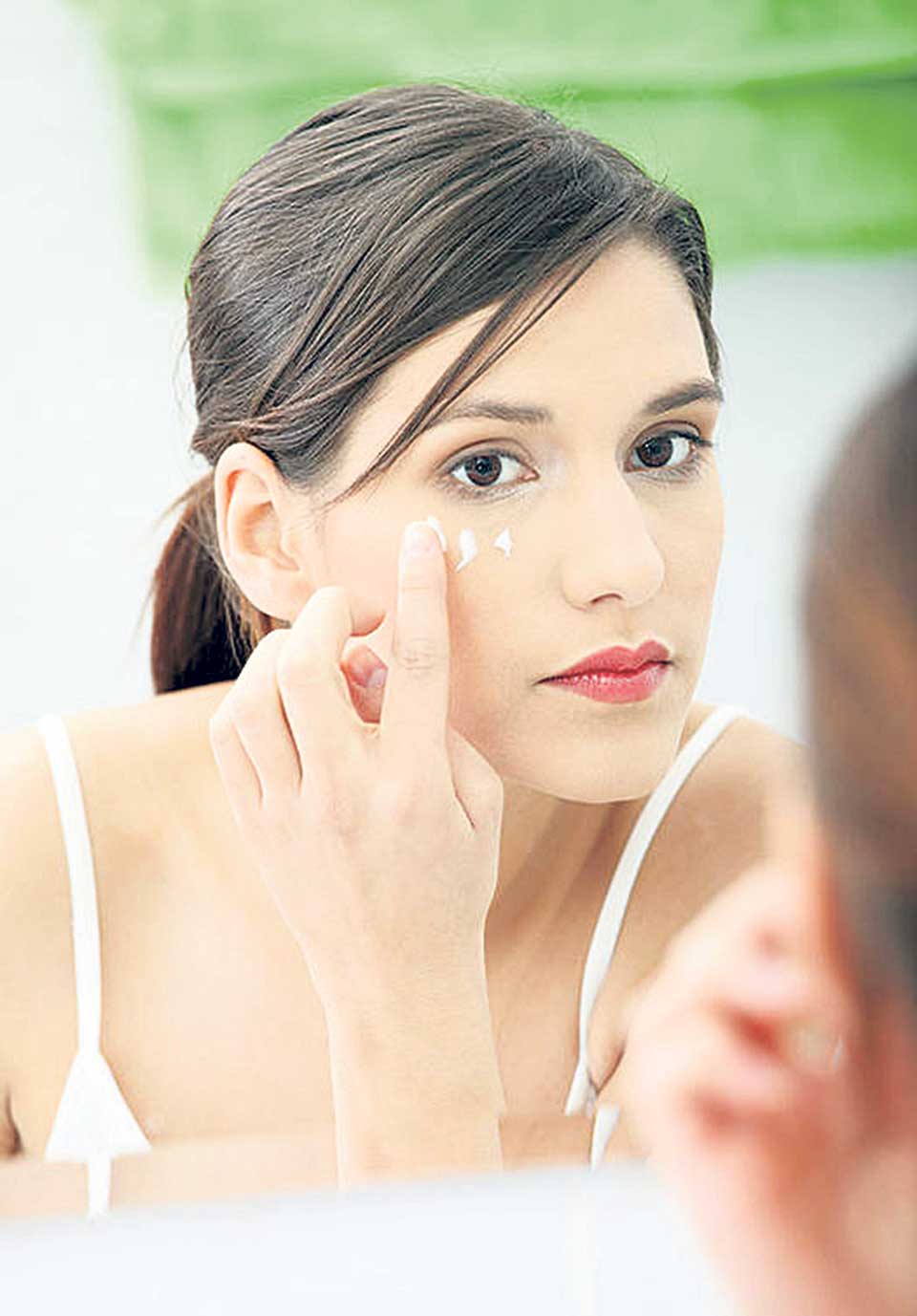KATHMANDU, March 12: While some people believe that myths about coronavirus (COVID-19) have triggered unfounded fears about its spread, many argue that these myths have rather influenced people to take better preventive measures.
Although the World Health Organization (WHO) has already cleared doubts about some of the myths related to coronavirus that we get to hear on a daily basis, a large number of people still continue to believe in them. Many argue these myths have some genuine reasons behind why people tend to believe in them.
“Few days ago one of my relatives mentioned that taking a hot-water bath can prevent and cure coronavirus” said Sumit Sapkota, 17, a local of Samakhusi. “Since then, my mother never lets me shower in cold water,” he added.
Another teenager Aarya Bhattarai, a student of Uniglobe College, is not allowed to go near animals by her parents. Though she does not have her own pet at home she loves playing with animals in her neighborhood.
“But now, this is totally restricted. They fear that I might get infected by coronavirus if I come in contact with animals,” she says. After the outbreak of coronavirus in China in late December last year, it was widely believed that bats or pangolins could be the source of the deadly disease.
Beware of myths

However, Bhattarai believes that contact with every animal can cause coronavirus is nothing but a foolish idea.
According to WHO, at the present there is no evidence that pets can transfer coronavirus to people, and washing hands with soap and water after contacts with pets is always a good idea.
Meanwhile, Sapkota's mother explained that she cannot take any risk by allowing her family members to take a bath in cold water. “Although my son told it's just a myth, I feel that hot shower is safer for preventing coronavirus. We cannot afford to take the risk” she said.
Another such myth that many people believe is that eating garlic can prevent the infection of coronavirus. However, the WHO has already made it clear that it is a healthy food that may have some antimicrobial properties but there's no evidence that eating garlic can protect people from the virus.
Health and hygiene experts from the country however mention that believing in most of these misconceptions is nothing but an act of stupidity.
“It cannot be denied that such myths have brought awareness about the virus. But believing in myths with no scientific base can be harmful in the long run,” said Sher Bahadur Pun, coordinator of clinical research unit at Sukraraj Tropical and Infectious Disease Hospital.
“One should rather focus on spreading only verified information and not entertain rumors,” Pun added.
In his view, these misconceptions have misguided and deceived many people.
Yet another major false belief that's prevalent amongst the people is that eating Chinese food can increase the risk of being infected with the virus. Although this is totally a misconception that many people tend to believe in, it has led to a remarkable decline in number of customers in most of the Chinese restaurants across the valley.
“If eating Chinese food would increase the possibility of catching coronavirus, then everyone in China would have been affected, isn't it?” said one of the staffers of Haopin Hotpot, a Chinese restaurant in Naxal.
The restaurant that once welcomed large number of customers now sees only a handful of people. “Previously, we served many local customers as well as foreigners but now we barely see international customers. The locals too are trying to avoid Chinese cuisines,” lamented the restaurant staff.
Some myths related to coronavirus are:
• The new coronavirus can be transmitted through mosquitoes
• Cold weather and snow can kill the new coronavirus
• Antibiotics are effective in preventing and treating the new coronavirus
• Hand dryers are effective in killing the new coronavirus
• Thermal scanners are decisive in detecting the new coronavirus
• Spraying alcohol or chlorine all over your body will kill the new coronavirus
• Vaccines against pneumonia can protect you against the new coronavirus
• The new coronavirus only affects older people





































